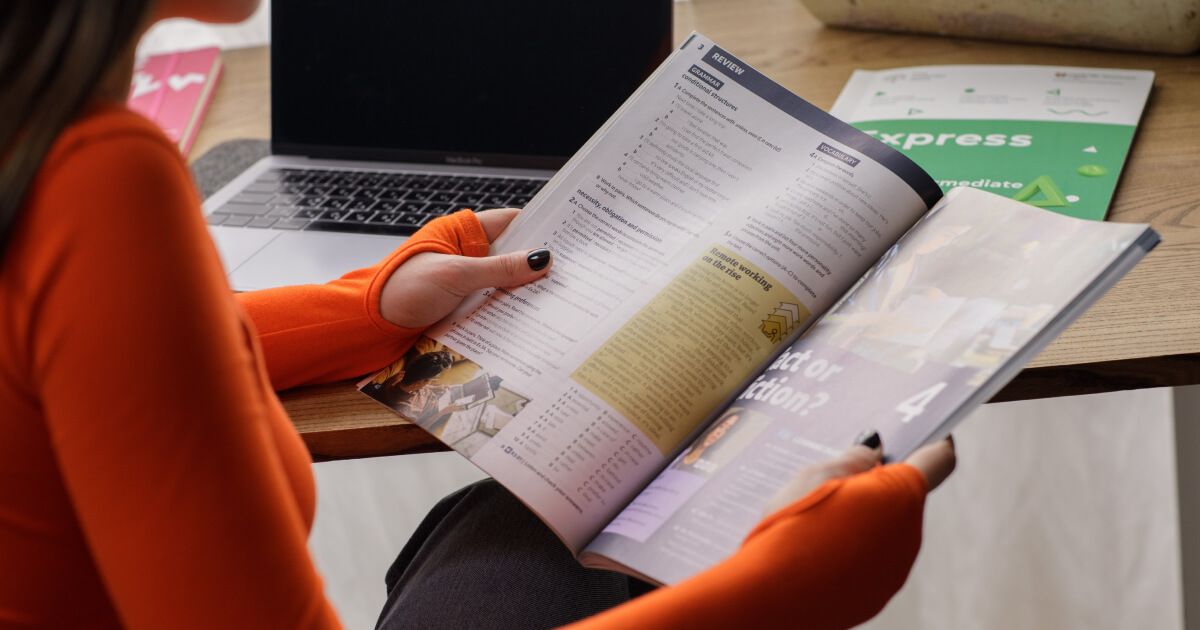7 online tools for developing listening skills
- Listening
- Activities
- Tips & Strategies

07.03.2024
We tend to think that “now knowing” the meaning of a certain word is never a serious issue. Usually, an ESL teacher is always there to help. Plus, modern technologies have significantly eased the students’ hardships. One might even think something along the lines of why do we even need to master various strategies of dealing with unknown words in the text.
In this article, we are going to talk about both reasons and strategies you should know to make your students prepared for anything.

Teach reading with confidence
Transform your reading lessonsThere is nothing scary or complicated about not knowing something during the lesson. Every ESL teacher is used to answering dozens of questions during a single class.
However, there are such cases when it is indeed important to be less teacher-dependent as:
Coming across an unknown word happens all the time when the teacher is not around, especially when students are reading or watching something on their own.
Sure, there is Google instead, however, if the student is aware of certain methods, they may never need googling.
Also, using Google every time one sees an “obstacle” prevents students from developing their language intuition and building parallels.
Activities to improve reading comprehension
This is the occasion where not knowing what to do about unknown words might have some serious consequences. Here, the student doesn’t have any help as well as resources that could give a hint.
Therefore, a test taker can rely only on their knowledge, language intuition and strategies of dealing with unknown words.

We have already mentioned strategies that are meant to give some clues even in the most complicated situations. And now, it is time to look at them one by one.
It is important to make sure that students understand how to deal with long words. Every time students, and especially beginners, see a long word they tend to panic and ask for help or translation instantly.
What can be useful in such cases is showing that a lot of long words consist of either smaller words or repetitive chunks, and morphemes, understanding of which can be significantly helpful if the word is unknown.
For example, a student struggles with the word “worldwide”. Instead of explaining it straight away, you may advise them to break this world into smaller pieces which are the following “world” and “wide”.
Knowing the meaning of both words, it is not very difficult to guess the connotation of the unfamiliar word.
What is decoding?
Let’s look at another example and let it be “unfortunately”.
This is where the knowledge of various prefixes and suffixes may become a savior.
Prefix “un–” normally adds some negative meaning. “ly” gives a hint that we are dealing with an adverb. The suffix “-ate-” is used to form adjectives and normally means something along the lines of being “full of” or “expressing/showing”.
Therefore, we may conclude that the relatively easy word “fortune” turns into a negative adjective to eventually become an adverb which means “in a regrettable, unlucky, or unsuitable manner, in an unfortunate manner”.
This might seem like an unreasonably long way. However, this practice is extremely useful in a situation where students can’t rely on some extra help.

An unknown word is never isolated. It is interconnected with other words, they form a certain structure.
If the text is appropriate to the students’ level, not all the words in the sentence may be unknown.
Therefore, the context can really help to understand the meaning.
The student has to examine what kind of words surround the unknown one: what they mean, what part of speech they belong to etc.
How to use authentic materials right?
If neither of the previous strategies works, students may try reflecting on what the worlds remind them of.
They probably know some similar-looking vocabulary.
What if they can recall another word with the same root? Such a comparison can provoke some new associations and ideas.
It might sound obvious but during the examination it is better to guess than leave a blank space.
Your students should keep it as a rule: a smart guess is better than nothing.
Does knowing what a suffix is helps to deal with unknown words?
Arina Kravchenko
Author
Teacher of General English & IELTS
Comments
Leave your comment